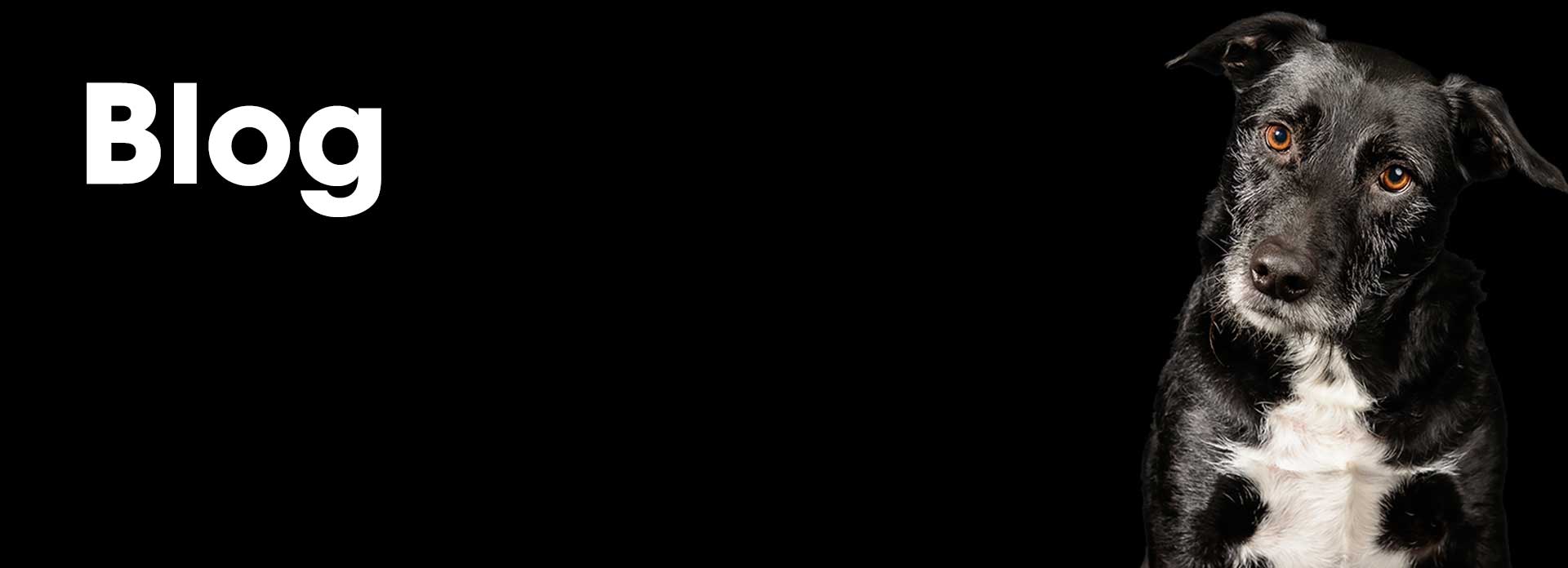The first minute your puppy arrives in your home, he’s cuddly, warm, cute, and adorable. What he almost certainly is not (yet) is house-trained.
One of your first priorities is to teach him or her to eliminate outdoors and not in your house. Here are the best ways to make sure your puppy becomes eager to do his business outside your home.
- Approach house training with a lot of patience. Some puppies learn perfect bathroom manners after a week or so, while others need months to train. Pups that have lived in a less-than-ideal situation before coming to you may take longer to acclimate. No matter how long training takes, remain patient.
- How long can a puppy hold urine? A general guide is that the number of hours of continence equals the puppy’s age in months. This means a healthy 6-month-old puppy should be able to wait for about 6 hours. All puppies are different, so the length of time may be different, too.
- Using a crate will make training easier for you and the puppy, and it will also simplify vet visits, travel, and convalescence. Like all dogs, your puppy will seek a secure canine cave, and the crate will become that safe place. Choose a crate that’s the right size for your puppy so he can lie down, stand up, and turn around. Too much space in the crate may encourage the pup to use a far corner as a bathroom. Many crates come with a divider that can expand the space as the puppy grows larger.
- Set up a schedule for taking your puppy outdoors. To begin, you’ll need to do this first thing in the morning and last thing at night. You’ll also need to take the puppy outside after eating or drinking, playing indoors, spending time in the crate, and waking up from a nap. Feed your puppy at the same times every day, and take her outside after she finishes eating. If your puppy is less than 12 weeks old, you should take her outside every one to two hours. The first days at home will be filled with trips outdoors, but your puppy will have that many opportunities to learn his or her manners.
- Keep a close eye on your puppy. If you see him or her sniffing the floor, walking in circles, whining, or starting to squat, pick them up and rush outside to let them eliminate there. Choose a spot that’s close to the door so the puppy won’t have to wait for long. Give the puppy every chance to be successful on your terms.
- Use praise, not punishment. Every time your puppy eliminates outside, go over the top with approving words, a little treat, petting, clapping, and cheering! Then play with the puppy for a while outside so they will connect outdoor time with happy activity. If the puppy makes a mistake indoors, do not scold them, comment, look upset, or do anything to suggest you’re displeased. Clean up quickly with a cleaner that removes odors. Always focus on good results and let the puppy know you are delighted with their successes.
- Finally, using puppy pads as approved spots for elimination can be a temporary solution, but don’t rely on them permanently. Your puppy needs to learn to go outdoors to eliminate.
July 5, 2023
